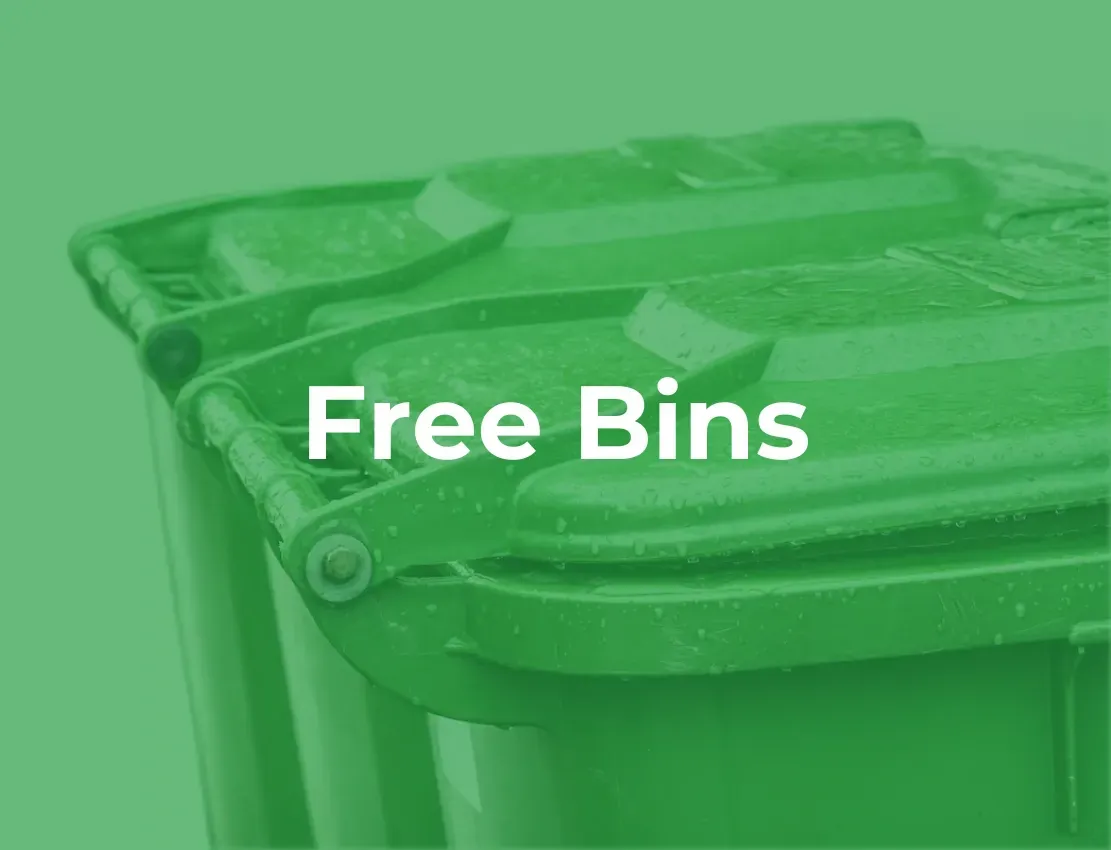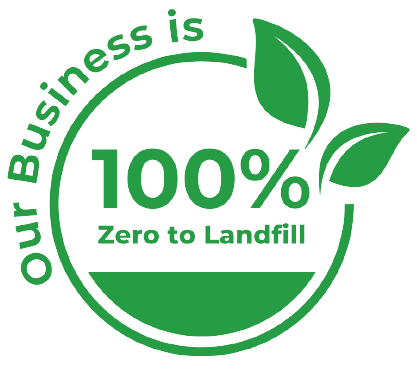Agriculture
GWR Waste Management are trusted by thousands of companies throughout the UK to collect, dispose and recycle their waste.
Waste Management And Recycling For Farmers
Farmers have the same duty of care as any other business to dispose of their agricultural waste safely without causing harm to the environment or peoples health.
Following a change of the Waste Regulations in 2006, Farmers are no longer permitted to incinerate or bury agricultural waste. It is very important therefore, all agricultural waste from manure to old machinery is stored, collected and disposed of in the correct way.
It is very important to ensure your agricultural business or farm follows the Control of Substances Hazardous to Health Regulations (COSHH). Our team of experts at GWR Waste Management can help you understand your waste needs and ensure you are fully compliant with Health and Safety laws and regulations. We will also provide all the containers and bins you need to store your waste safely and organise and manage collections according to your needs. We are passionate about helping farms and agricultural businesses understand and manage their waste needs.
What Is Agricultural waste?
Agricultural solid wastes are produced mainly from farming activities, however every step in the agricultural-food chain can generate significant agricultural solid wastes. Broadly agricultural solid wastes includes:
- Animal production solid wastes - animal production solid wastes are generated from the production of livestock. It can include animal carcasses, damaged feeders, bedding/litter
- Crop production solid wastes - generally produced from activities involving crop production. It can include crop residues, husks, etc.
- Food and meat processing solid wastes - processing of crop or animal products for human consumption in slaughterhouses or abattoirs The waste here includes hoofs, bones, feathers etc.
- On-farm medical solid wastes - generated from the use of drugs, insecticides or vaccines used on or animals. For example vaccine wrappers or containers, disposable needles, syringes, etc.
- Horticultural production solid wastes - generated from maintenance of horticultural plants and landscape, examples are prunings and grass cuttings.
- Chemical wastes - generated by the use and storage of pesticides, insecticides and herbicides on the farm or store, such as pesticide containers or bottles.
Can Agricultural Waste Cause Harm To The Environment
As populations grow so does the demand for agricultural production. Agricultural waste has tripled in the last 50 years and will only increase in the future.
The Agricultural sector is generating huge amounts of waste that, if not treated correctly poses a threat to global health and food safety. You can see this from soil contamination, air pollution, smoke and dust, harmful gases and contaminated water that enters the water sources affecting human and aquatic life.
The expert team at GWR Waste Management can help you dispose of your agricultural waste in a safe and efficient way, leaving you to get on with the day to day running of your Farm.









